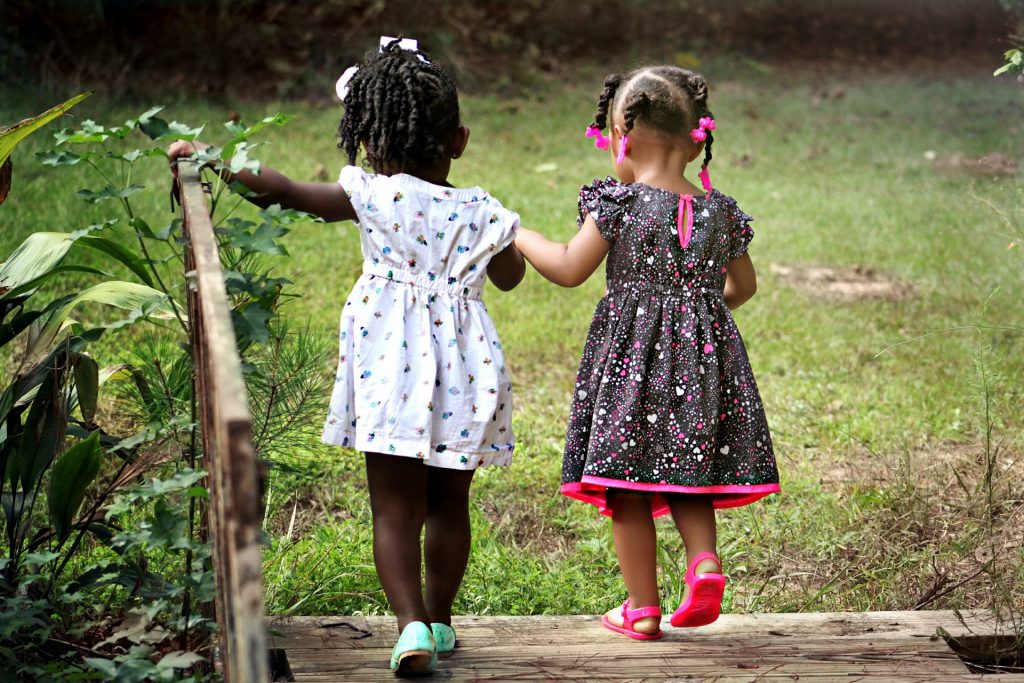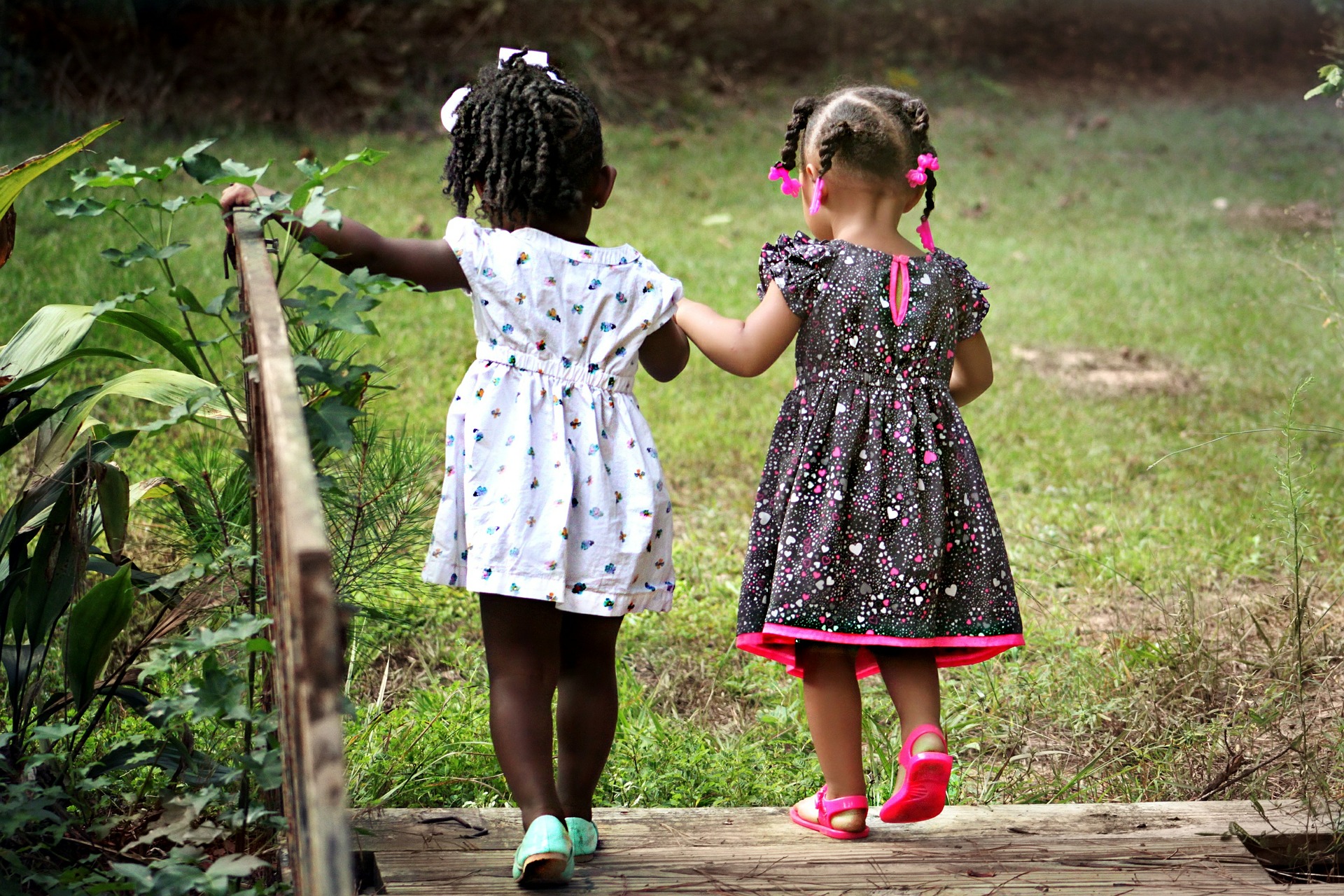We are surrounded by over 7.4 billion other people in the world, but most of us can count our friends on one hand. Widen the criteria to include potential friends and friendly acquaintances, and we might end up with a dozen or so, but the real deal friendships are still few and far between. But if we think of ourselves as generally sane and likable people, and extend the courtesy to others as well, why don’t all of us have more friends? It turns out there are secret ingredients to forming friendships (and luckily you can get help with that).
Friendship Ingredient 1: Repeat Interaction

You might feel an instant sense of connection with someone, but it turns out friendships are made, not born. So, when the guy behind you also rolls his eyes because the guy in front can’t decide whether he wants a shot of syrup in his latté, you might feel an instant rapport. But turning this momentary connection into an actual friendship requires that you repeatedly bump into each other. This is because repeat interactions give you the time to develop a relationship. This is called the proximity effect – our tendency to become friends with people who are close by and whom we see often.
Compelling data from college residences demonstrate the strength of the proximity effect. College students developed friendships with their neighbours which cut across race, gender, and economic backgrounds. This means that, given the premise both parties are generally sane and likable people, seeing each other more often means friendship is more likely to develop.
That’s why apps like Kalido let you see other users who are nearby, and alert you when any of your contacts are close by too. Instead of having to plan gatherings in advance (and giving everyone hundreds of excuses to cancel on the actual day), you can go for a spontaneous coffee with someone right now. And next time you’re both in the same area again, you can do lunch. A couple more spontaneous meetups, and you might find that you’ve made a new BFF.
Friendship Ingredient 2: Shared Traits

Of course, if you have nothing in common with someone and can’t talk to them at all, it doesn’t matter how often you see each other, you’ll never want to become friends. That’s why our friends tend to share similarities with us. Interests, beliefs, education, race, and even political leanings can all be the basis of friendships. Scientists postulate it’s because human beings like to have a consistent and solid foundation for moving through the world. People who share our beliefs and opinions reinforce our worldviews, making us feel comfortable and secure. In contrast, people who object to everything we hold dear are instinctively harder to like.
Sharing backgrounds with someone (such as race or education) means you’re likely to have had similar experiences, so this also creates a strong foundation for positive associations. This is the reason many of us make friends from school, work, or our cultural and religious organisations.
But how do we meet new friends if we didn’t happen to attend the same school etc.? We could ask every new acquaintance everything we can think of about themselves, to see if anything syncs with ourselves, but this seems creepy and artificial. Again, platforms which give you a snapshot of a person are extremely helpful. Kalido lets you see the other person’s profile, including their profile picture, education and work history, interests and hobbies, and any organisations they’re part of. Their short bio is also a self-written self-introduction which helps you get a feel for their personality. So, instead of fishing around for random pieces of information, when you interact with someone for the first time on Kalido, you already have a sense of who they are, and whether you’re compatible. This gives you a fast track to forming a positive and meaningful connection.
Friendship Ingredient 3: Reciprocity

We all intuitively understand that friendships should be a mutually enjoyable experience. Lopsided friendships where one party constantly has to make more effort, or offer support, with very little in return soon wane. And it turns out that reciprocity extends beyond mutual support and care, and encompasses the amount of information we share about ourselves as well. So, if your colleague knows everything about you, but you don’t know enough about them to fill a Post-it, you might want to rethink your friendship status.
Interestingly, especially given what we just said about reciprocal effort, you don’t have to do something for someone to get them to like you, instead you should get them to do something for you. The Ben Franklin Effect notes that we’re more likely to like someone after we’ve helped them in some way. Our minds register the effort we make, and think ‘Hey, if I’m making this effort, it must be because this person is worth it’. This is interesting, because it’s almost counterintuitive to expect someone to give us a helping hand, and like us for it. It also shows that one small act of service can increase positive feelings on both sides: The giver feels kindly towards the person they’ve just helped, and the recipient will obviously like the person who’s helped them.
You can put the Ben Franklin Effect into practice on Kalido. If you see someone you’d like to be introduced to, ask a mutual acquaintance for an introduction. The introducer will feel gratified to be of service, and both you and the other introducee gain a potential new friend. Alternatively, you can ‘Help others’ or ‘Introduce someone’ from the app. These cards show skills that people in your networks can offer, or are looking for, which Kalido hasn’t found a match for yet. You could help someone find their perfect match, and see if you develop a warm fuzzy feeling from your good deed.
Science still hasn’t fully explained why we become friends with some people and not others, but proximity, similarity, and reciprocity obviously play important roles. And with apps like Kalido, you can increase the potency of these factors to make new friends, and keep old friends close. So, go ahead and expand your friendship circle now.

